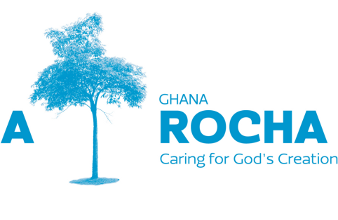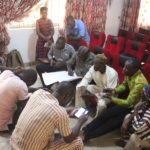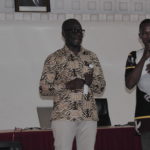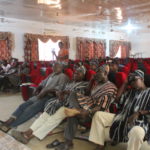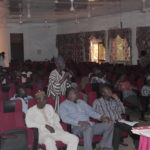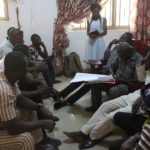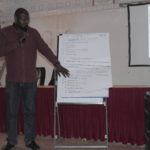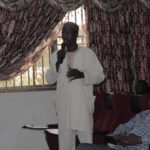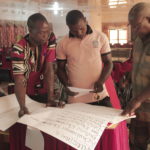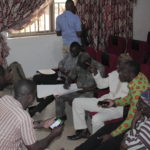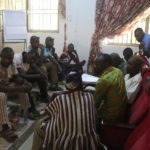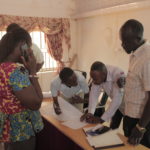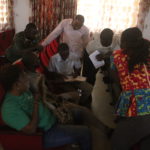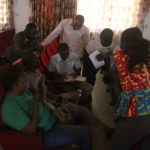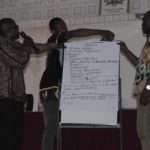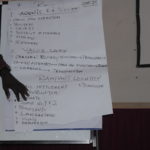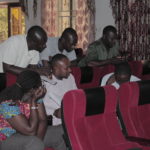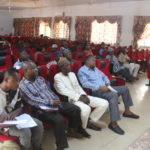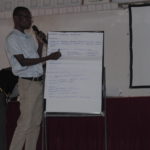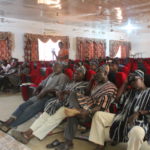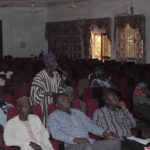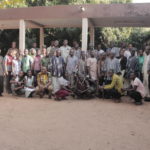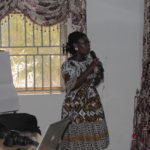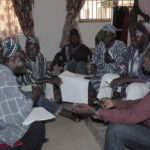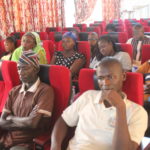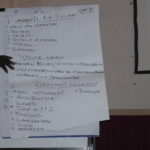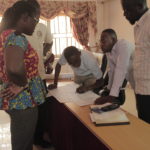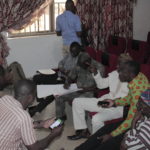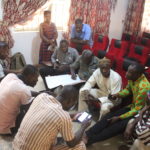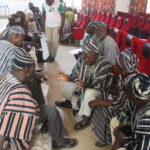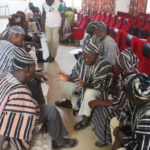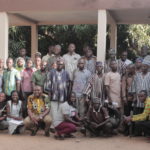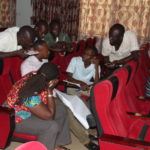West Gonja District Takes Action To Green The Charcoal Value Chain
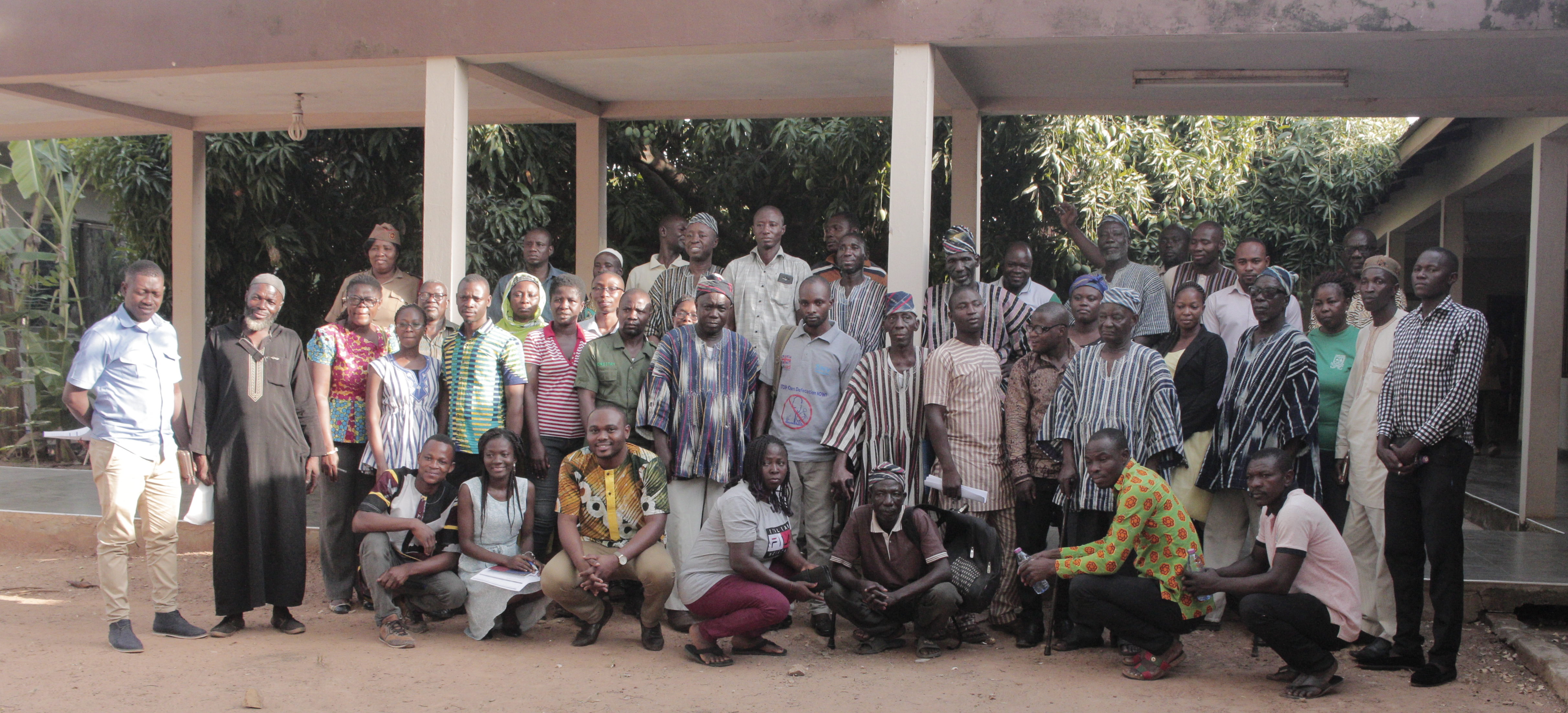 The Gonja Traditional Council, in collaboration with A Rocha Ghana (ARG), Centre for Remote Sensing and Geographic Information Services (CERSGIS) and the West Gonja District Assembly (WGDA), has facilitated an engagement with all stakeholders in the charcoal supply chain in the newly created Savanna Region of Ghana.
The Gonja Traditional Council, in collaboration with A Rocha Ghana (ARG), Centre for Remote Sensing and Geographic Information Services (CERSGIS) and the West Gonja District Assembly (WGDA), has facilitated an engagement with all stakeholders in the charcoal supply chain in the newly created Savanna Region of Ghana.
The event was hosted by the WGDA, on March 26, 2019, and attended by over 50 participants coming from decentralized state agencies like the EPA, and NCCE and representation from Charcoal Producers, Charcoal Buyers Association, Community member and members of the Community Resource Management Areas (CREMAs)
The forum engaged participants to discuss the challenges, opportunities and discover better options for sustainable charcoal production in the landscape.
The forum tasked participants to explore the option of developing a green value chain―a sustainable option as well as technologies that can be used to burn charcoal, in order to reduce the emission of harmful gas to the atmosphere.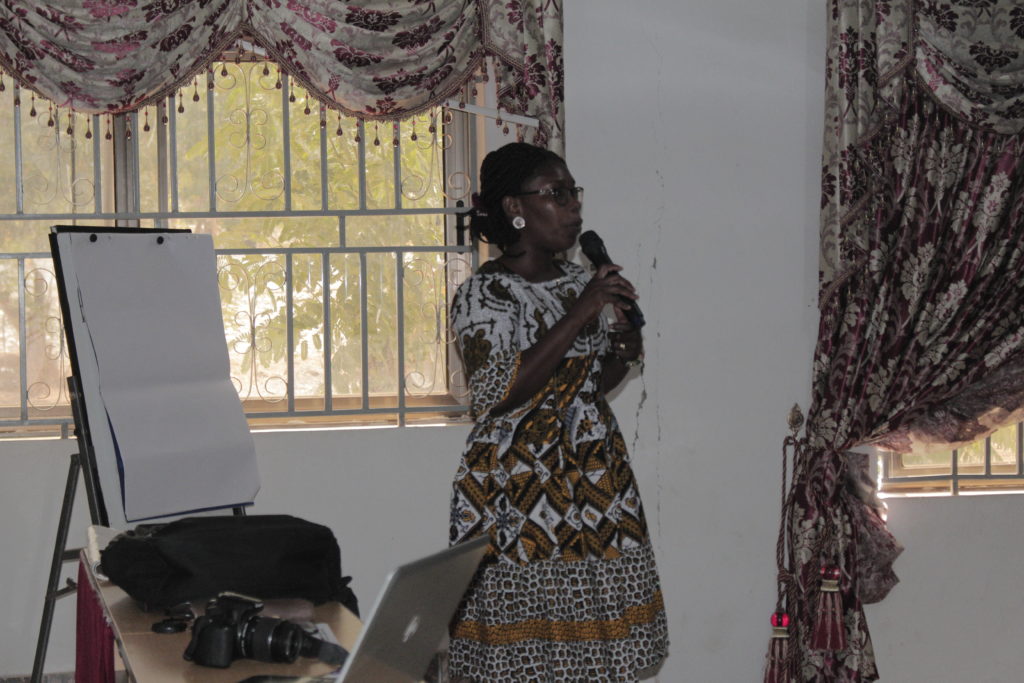
Though perceived to be one of the biggest and most thriving informal businesses in Ghana, unsustainable charcoal production has contributed to forest degradation in the country.
Recent research shows that a whopping 589,891.864 tons of charcoal was produced in 2016 in the country with the Brong Ahafo Region being a major producing area, accounting for 34.35 per cent of the production.
Northern Region however is the second highest charcoal producing area with 26.74 per cent production while the Western and the Greater Accra Regions are the least producers with 0.003 per cent and 0.005 per cent respectively.
Unfortunately, the felling and burning of tress for charcoal production has left forest areas brown―a slow-burning environmental disaster.
It is projected that the engagement will in turn produce a well-informed roadmap that will help effect positive changes in the charcoal sector.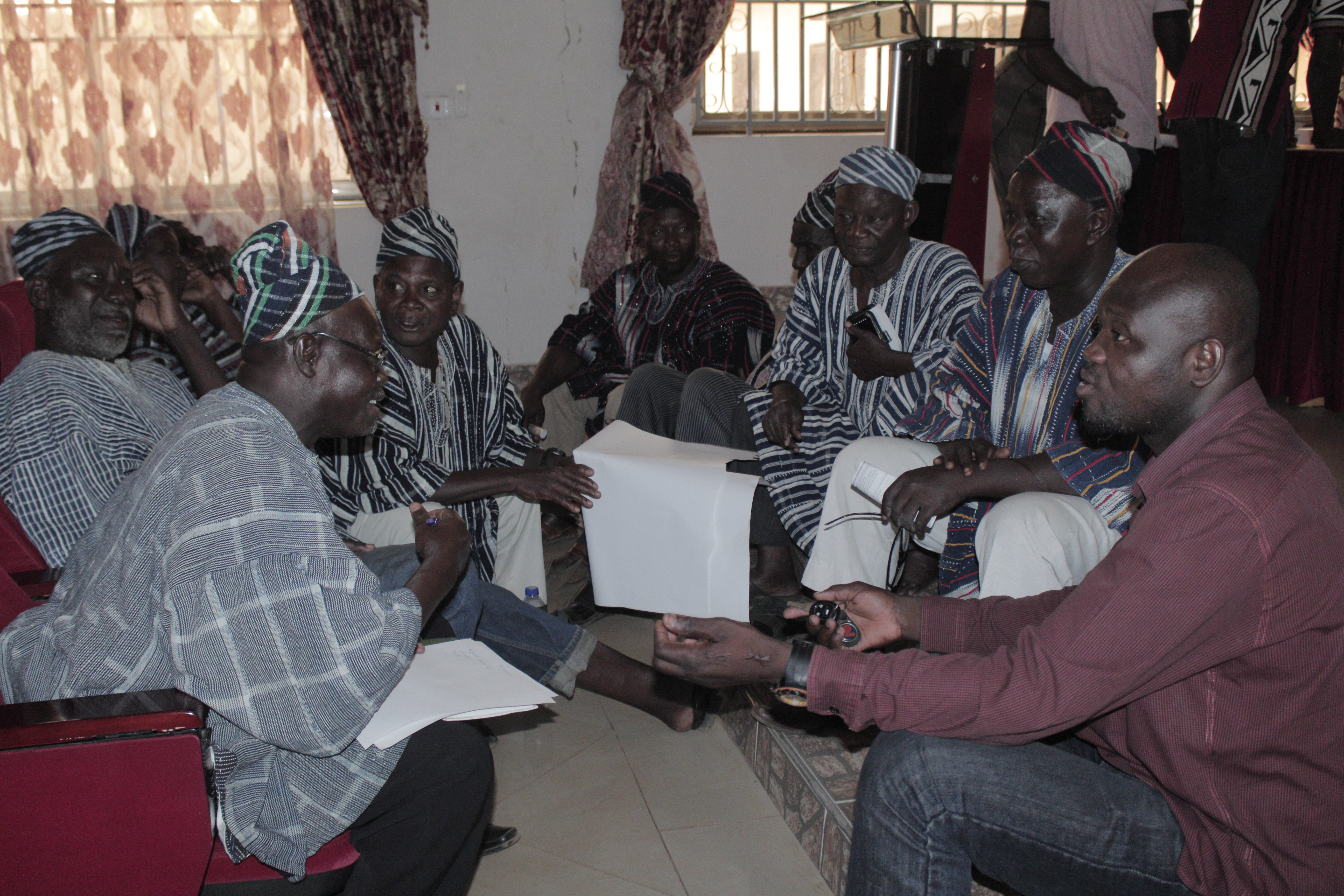
Slow-Burning Environmental Disaster
During a group discussion meant to give opportunities to participants to speak on the pitfalls of charcoal production in the region, it was established that indeed production of charcoal was causing damage to the environment.
Presiding Member (PM) for the WGDA, Mr. Katribi Dramani believed forest areas in the Savannah are continuously diminishing. He argued that the savannah was meant to be greener than it is today except for the activities of loggers and commercial charcoal production.
A government appointee at the assembly said the savannah was no longer as green as it should―also linking the sad development to illegal felling of tree and charcoal production.
“Charcoal burning has really affected our forest lands. You see trees by the road sides but in the interior, all are gone…even Mole National Park is not spared. If not for the logging and charcoal burning, you would have been able to walk into the bush at least 10 to 15 minutes without the sun hitting you but alas because of the thirst for money, we have lost it all…if we are not so careful generations after us will come and meet the Sahara,” he indicated.
Other speakers attributed the indiscriminate felling of trees to farming activities, road construction and activities of nomads in the landscape.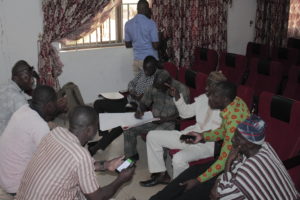
Earth Observation Information
Information from space further reiterated the position and observation of chiefs and people of the West Gonja area. Pictorial evidence captured by CERSGIS using remote sensing (the scanning of the earth by satellite) proved some level of degradation and reduction of tree density in the West Gonja District.
Stella Ofosu Ampofo from CERSGIS took participants through the land use changes within the landscape and introduced stakeholders to how satellite technology is used to capture information on the earth surface.
Jacqueline Mbawine from ARG said the information garnered by CERSGIS would be used to ascertain which area of the landscape need urgent restoration and other environmental interventions.
ARG in partnership with CERGIS has over the years been monitoring the production of charcoal in the landscape. The organization is involved in the gathering of data from charcoal communities. These data is used to develop interventions to make charcoal production more sustainable
With ARG’s data collection process, over 30 tree species have been identified as ‘targeted’ for charcoal production.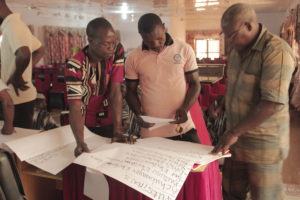
Agreed Way Forward
After a successful engagement, stakeholders came up with salient points that would aid in the formulation of a roadmap for sustainable charcoal production in Gonjaland. The following are a few of the early steps critical for launching a traceable green charcoal value chain in the region.
- Elected members of the Assembly should register and aggregate all charcoal producers and buyers in their electoral areas into Associations.
- All charcoal buyers should be registered with the database harmonized between the District Assembly and Gonja Traditional Council
- District Bye-laws on tree felling and charcoal productions should be strictly enforced by Assembly and Charcoal producers and buyers should comply with existing regulation.
- Need to set-up a fund from the enterprises of the charcoal producers and buyers to support landscape restoration within the region.
- There is a need for a strong institutional collaboration between the District Assembly, the Traditional Council and the Police as well as Civil Society and Development partners to effectively regulate and supervise a sustainable value chain for the charcoal industry.
